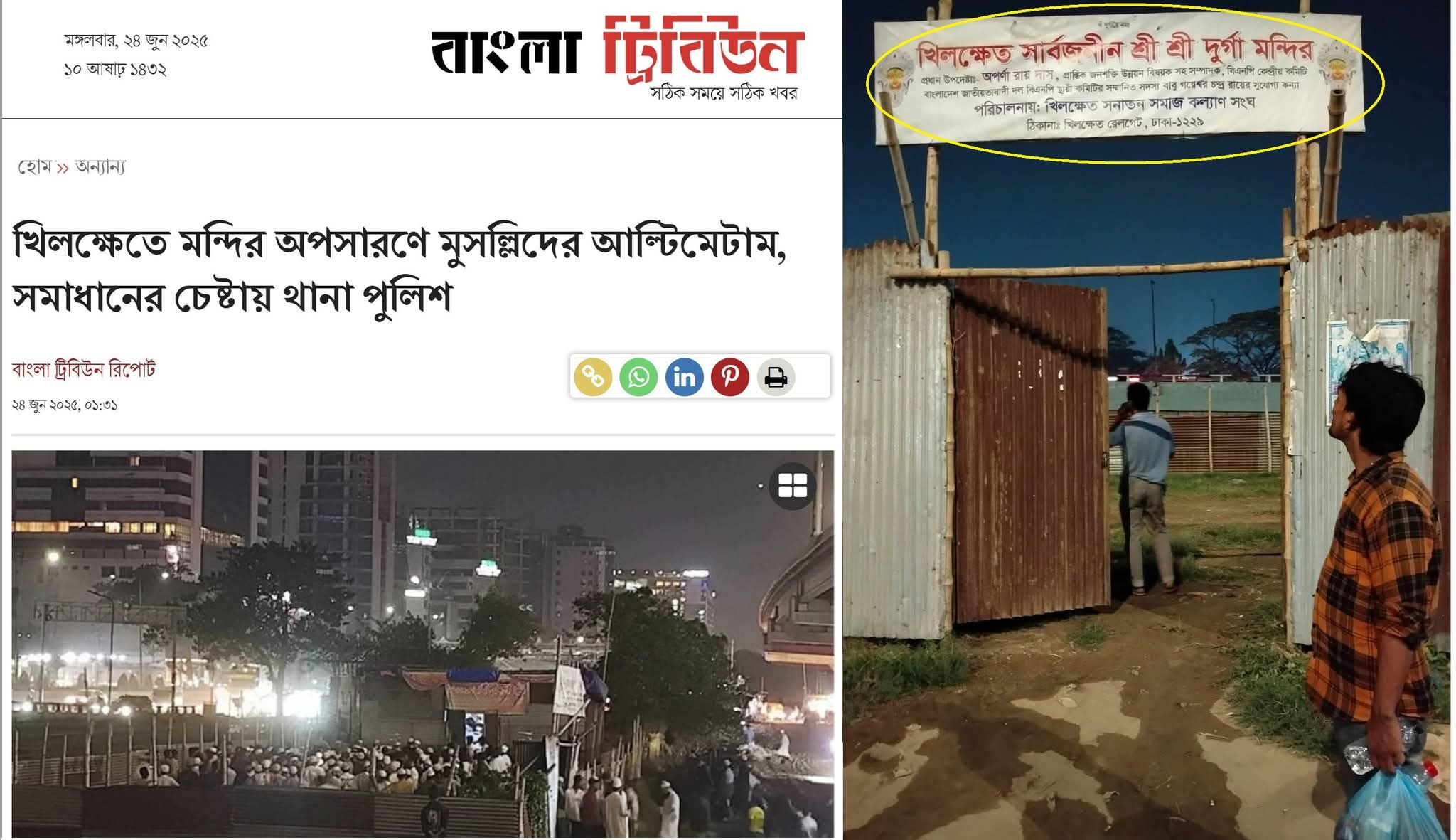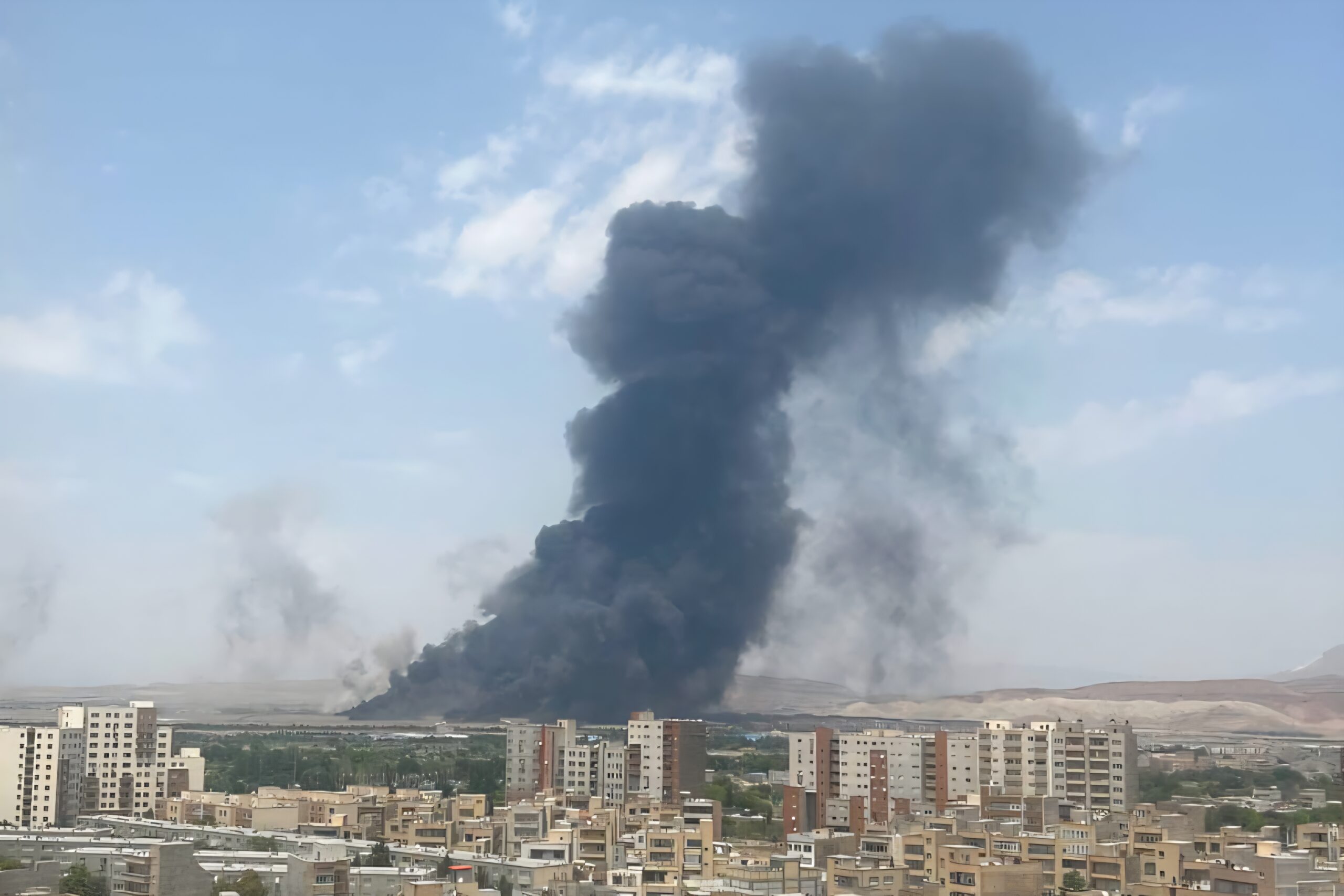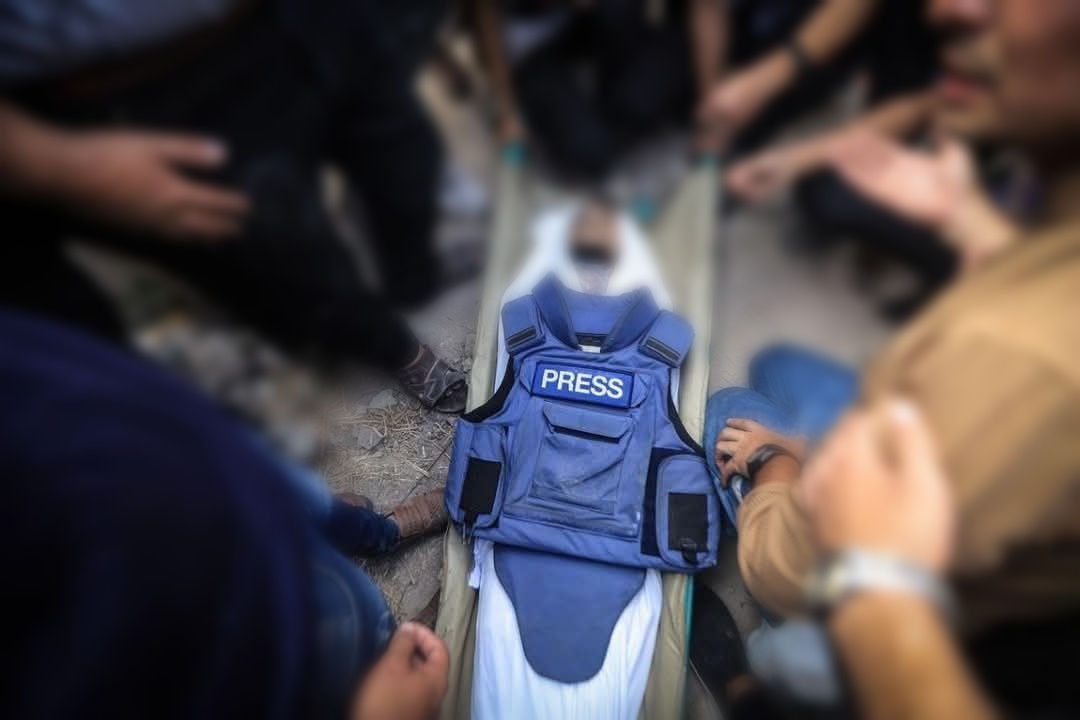In the Chittagong Hill Tracts of southeastern Bangladesh—comprising Rangamati, Bandarban, and Khagrachari—journalists are facing mounting threats in the midst of longstanding tensions between indigenous communities and Bengali settlers. Disputes over land rights and political power have driven the region into recurring cycles of violence, severely limiting the capacity for independent and objective reporting.
The region, home to diverse indigenous groups, has been mired in conflict for decades, with tensions stemming from government-sponsored resettlement programs and territorial disputes. Local journalists, caught between the military, indigenous groups, and Bengali settlers, have found themselves unable to report freely without fear of reprisal.
According to reliable sources, Bengali journalists frequently experience interference from military personnel, who reportedly obstruct their work in subtle yet pervasive ways. For security reasons, detailed evidence remains undisclosed, but censorship and restrictions imposed by military authorities have fostered a climate of fear, making it increasingly difficult to conduct impartial journalism.
Meanwhile, indigenous journalists face equally daunting challenges. Threats from elements within the Bengali settler community have been reported, with one indigenous journalist stating anonymously that these hostilities make it nearly impossible to report without risking personal safety. The journalist described the moral dilemma they face: reporting honestly on events can be perceived as betraying their own community, further complicating their role as objective reporters.
Self-censorship has become a widespread coping mechanism among journalists in the Chittagong Hill Tracts. Fearing for their lives or under pressure from local factions, many journalists are refraining from publishing the full scope of the stories they witness. This self-imposed restraint, while understandable, deprives the region and the broader world of accurate, fact-based reporting at a time when transparency is crucial.
The deterioration of press freedom in this volatile region has serious implications. Without independent journalism, the true situation on the ground risks being obscured, potentially exacerbating existing tensions and fueling further unrest. International organizations, along with the Bangladeshi government, are being called upon to take immediate measures to protect journalists and uphold their right to report freely.
As the situation in the Chittagong Hill Tracts worsens, the courage of local journalists stands out in stark contrast to the dangers they face daily. However, without sufficient guarantees for their safety and freedom, the future of journalism in the region remains in jeopardy. In this conflict-ridden area, journalism is not only a profession but also a lifeline for democracy and human rights.
Source: Bangladesh Media Monitor







Leave a Reply